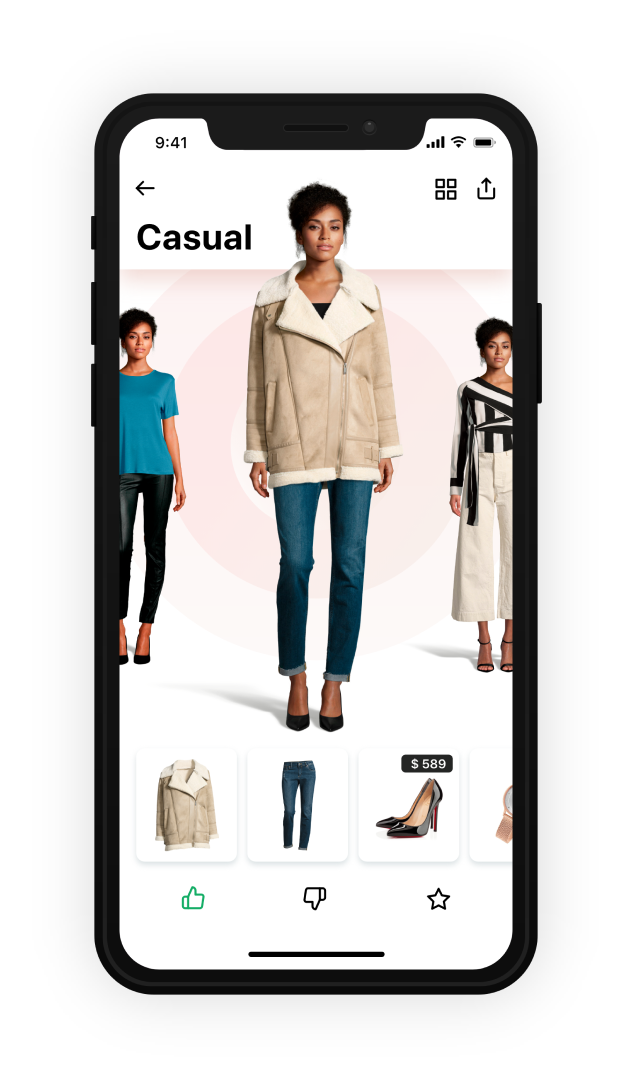Avoid Google Search Fails: Fix "No Results" Errors!
Is the digital age failing us, or are we failing the digital age? The relentless barrage of "We did not find results for: Check spelling or type a new query" messages, a recurring echo across the vast expanse of the internet, suggests a fundamental disconnect between our queries and the information we seek. This persistent frustration points to a troubling truth: the ease of access promised by the information revolution is often undermined by its own complexity, leading to a landscape where finding the right answer becomes a frustrating exercise in futility.
The very act of searching, once a straightforward task, has become a sophisticated art. We've moved beyond simple keyword searches, evolving to incorporate boolean operators, advanced filters, and nuanced phrasing, all in an attempt to outsmart the algorithms that govern our digital experience. Yet, despite these efforts, the ghost of "We did not find results..." continues to haunt our screens. This persistent problem not only wastes time but also erodes our trust in the very tools designed to empower us.
The constant failure to find relevant information, exemplified by the repeated appearance of the message "We did not find results for: Check spelling or type a new query," begs the question: where does the problem lie? Is it with the search engines themselves, with their algorithms struggling to decipher the complexities of human language and intent? Or is it with the content creators, who may be failing to optimize their websites and articles for effective indexing and retrieval? Perhaps the issue stems from the sheer volume of information, a digital deluge that makes it increasingly difficult for relevant content to surface above the noise.
Consider the challenges facing a researcher delving into a niche scientific field, or a historian attempting to uncover forgotten events. The potential for missing crucial data is significant. Every instance of "We did not find results..." represents a lost opportunity, a potential piece of the puzzle that remains elusive. This persistent failure to find information not only hinders progress but can also lead to frustration and a sense of intellectual isolation.
The implications of this problem extend beyond individual inconvenience. In an era of rapid technological advancement, the ability to access and process information is more critical than ever. Businesses rely on accurate and timely data to make informed decisions, while educational institutions depend on accessible resources to cultivate knowledge and understanding. When search engines consistently fail to deliver, the consequences can be far-reaching, impacting productivity, innovation, and even the very fabric of society.
The issue also highlights the importance of critical thinking and information literacy. In a world saturated with data, it's not enough to simply find information; we must also be able to evaluate its reliability and relevance. This ability is particularly crucial when navigating the digital landscape, where misinformation and disinformation can easily proliferate. The fact that we often fail to find results underscores the importance of questioning the validity of what we do find, as well as the sources that provide it.
One potential explanation for the "We did not find results..." phenomenon lies in the ever-evolving nature of the internet itself. The web is not a static entity; it is constantly changing, with new websites and content emerging daily, while older materials fade into digital obscurity. The search engines must constantly adapt to these changes, striving to index and categorize information in a timely and accurate manner. This task is inherently complex, and mistakes and omissions are inevitable.
In addition to the technical challenges, the problem of search engine failures may also reflect biases and limitations in the algorithms that govern their function. These algorithms are designed by humans, and thus, can reflect the prejudices and perspectives of their creators. This could mean that certain types of information are inadvertently prioritized or suppressed, leading to skewed search results and the repeated appearance of the dreaded "We did not find results..." message.
Furthermore, the very way we formulate our queries can affect the results we receive. A poorly worded search, or one that relies on ambiguous or overly general terms, may be doomed to fail. The user's ability to craft effective search queries becomes a critical skill in this digital age. A well-crafted query, on the other hand, can dramatically improve the odds of finding the information sought. The ability to articulate a clear and precise question is therefore a fundamental requirement for successful information retrieval.
The repeated appearance of "We did not find results for..." should serve as a wake-up call. It highlights the need for ongoing improvements in search engine technology, as well as the importance of cultivating information literacy among users. We must strive to understand the strengths and limitations of the tools we use, and to develop the skills necessary to navigate the complex digital landscape effectively.
In addition to these individual strategies, there is a collective responsibility to ensure that the digital information ecosystem functions properly. This means promoting open access to information, encouraging the development of high-quality content, and holding search engines accountable for their performance. Only through a concerted effort can we hope to create an internet where the search for knowledge is a rewarding and efficient process, rather than a frustrating exercise in futility.
One of the key areas of improvement lies in the development of more sophisticated search algorithms. These algorithms must be able to understand not only the words in a search query but also the context and intent behind it. This would involve incorporating natural language processing techniques and utilizing artificial intelligence to analyze and categorize information more effectively. Furthermore, search engines should be able to recognize and eliminate duplicate or low-quality content, ensuring that users are presented with the most relevant and reliable results.
There is a need to develop improved methods of verifying the accuracy of information found online. It should be as simple as possible to identify the reliability and accuracy of a given source of information. The search algorithms that will be in use should be able to distinguish between legitimate websites and those engaged in spreading misleading information, and prioritize results from reputable sources. This could involve integrating fact-checking tools and developing algorithms that are designed to identify and flag potentially false or biased content.
The digital age also calls for a renewed emphasis on the human element of information retrieval. Information literacy instruction must be prioritized to teach the skills that are needed to evaluate the credibility of sources, identify biases, and engage in critical thinking. Library, educational institutions and the media must be empowered to foster a culture of critical engagement with information, ensuring that people are equipped to navigate the complexities of the internet effectively.
The future of information retrieval depends on a collaborative approach. This means that we work together to enhance search engine technology, promote the creation of high-quality content, and improve information literacy skills. Only through cooperation, which includes academics, web designers, engineers, and users can we make certain that the promise of the information age is finally realized.
In essence, the constant appearance of "We did not find results for: Check spelling or type a new query" is not just a technical glitch; it is a symptom of a larger issue. Its a reminder of the ongoing struggle to reconcile human curiosity with the vast, and often unwieldy, digital realm. We have to actively seek solutions; because, the evolution of our digital search depends on it.



